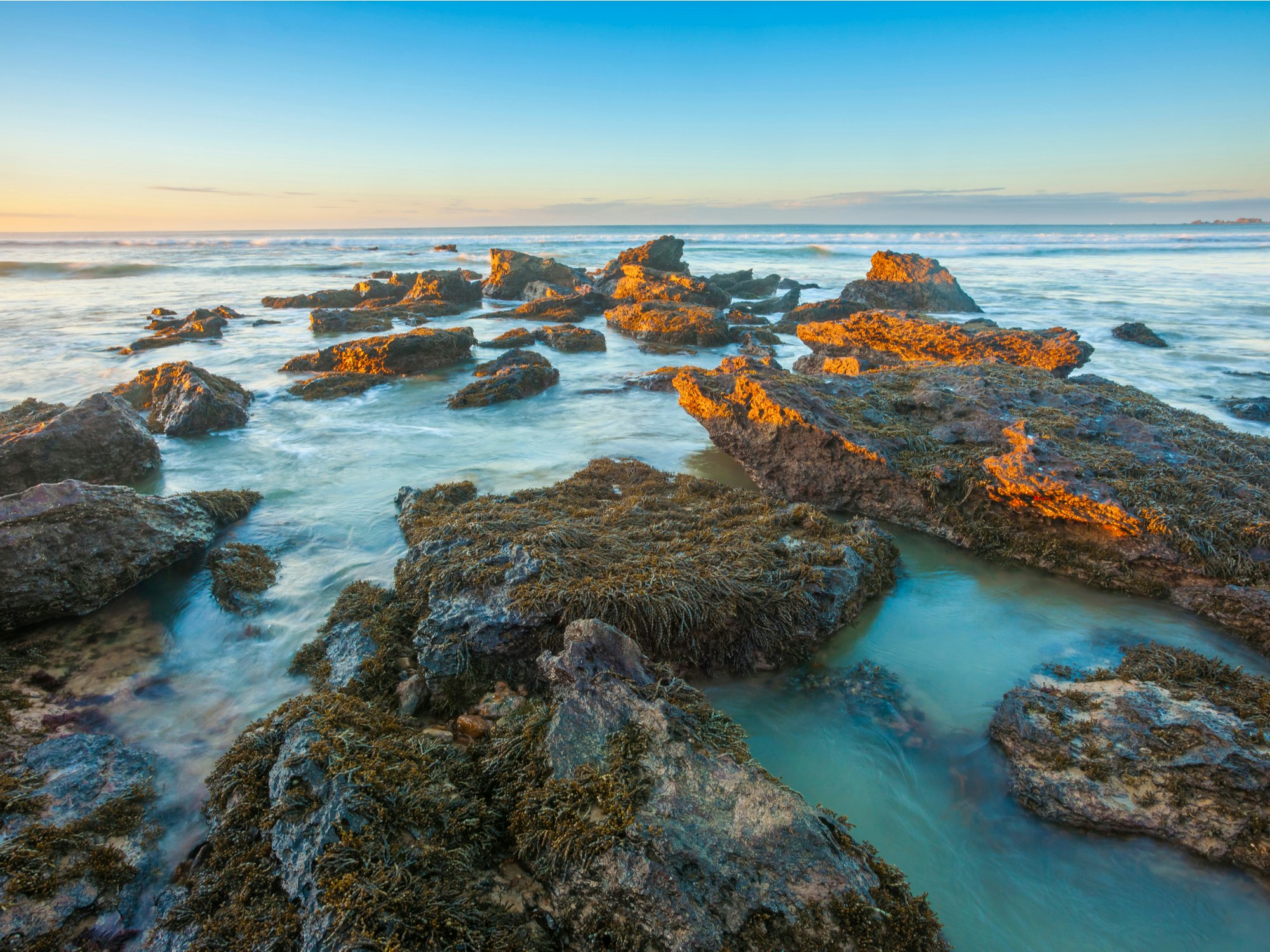Disability accessible travel and tourism
Last updated

Accessibility of tourist locations is essential to allow all Australians to enjoy travelling around the country.
Key Points
- Someone with a disability may face barriers to accessing facilities, accessing information, getting around and communicating when travelling
- Depending on the type of trip you intend to take, the preparations you’ll need to make beforehand may be different
Tourism in Australia
Tourism is a multi-billion dollar industry and Australians with disability spend an estimated $8 billion dollars every year on tourism and travel.
Accessibility to tourist locations is essential to allow all Australians to enjoy travelling around the country.
Jeff Smith, former Chief Executive Officer of People With Disability Australia, commented on why people with disability may not have the option to visit Australia’s tourist destinations.
“People with disability enjoy travelling to Australia’s tourism areas— but often face barriers that non-disabled people don’t have to deal with,” he said.
Someone with a disability may face barriers to accessing facilities, accessing information, getting around and communicating when travelling.
Parts of Australia are slowly becoming more accessible, with more locations than ever before available to those with a disability.
For example, the Great Ocean Road has been made more accessible with the opening of a new Changing Place location at Angelsea.
Changing Places are larger than standard accessible toilets. They have extra features such as a tracking hoist, adult-sized change table and peninsula toilets to meet the needs of all people with a disability.
These facilities allow people with a disability and their carers to enjoy public spaces for longer by removing the need to return home or travel further to use bathroom facilities.
Accessible locations
Many of Australia’s attractions, including some national parks and beaches, are accessible.
Others are working towards accessibility so don’t let your disability hold you back from visiting some of Australia’s most popular travel destinations.
Below we’ve listed some of the highlights:
- Kakadu National Park in the Northern Territory has wheelchair-accessible tracks and accessible washrooms
- Uluru–Kata Tjuta National Park has wheelchair-friendly walks and trails including to the base of Uluru
- The Great Barrier Reef offers a Quicksilver VIII vessel which has been adapted with toilets for wheelchair users. The Quicksilver VIII also travels to a floating that has a chair lift to enable wheelchair passengers to be lowered into the water to enjoy snorkelling. Wharf facilities at Port Douglas are also accessible and include boarding ramps
- The Great Ocean Road has made sections accessible. Angelsea has had a Changing Place installed.
- The Sydney Opera House schedules Auslan-interpreted, captioned, sensory- and Autism-friendly talks, events and performances throughout the year
- The Sydney Harbour Bridge has become accessible to wheelchair users with the installation of elevators
- Bondi Beach in New South Wales, Harvey Bay and Port Douglas in Queensland are some of the stunning coastal locations that are wheelchair accessible
These are only a few of the locations in Australia that you can visit that are accessible. For more information about finding accessible locations check out our resources section below.
Talking Disability's five tips for travel
Depending on the type of trip you intend to take the preparations you’ll need to make beforehand may be different. When considering travel you will need to take into consideration your level of required accessibility.
Here are five of our best travel tips to get you started on your holiday planning.
- Research your destination and any hotels or travel locations you intend to visit before booking to make sure they will be accessible to your needs.
- Talk to your airline, cruise ship or train operator about what they allow on board if you are bringing accessibility aids with you.
- Consider booking your travel through an agency that specialises in helping people with disability to make sure you have access to everything you need.
- If you are bringing a service animal with you check what you have to do before you travel. There may be requirements you need to meet before bringing an animal interstate or overseas.
- Talk to your doctor about how to manage your health needs while you are travelling. You may need to ask them about your fitness to travel or how to manage medication supplies.
Resources to get you started
To help you start planning your accessible holiday in Australia here are a few resources to get you started:
There is also the option of using a tour provider or travel agent that specialises in accessible and inclusive tours.
What do you enjoy most when you go on holiday?
Let the team at Disability Support Guide know on social media!
Relevant content:
Tips for travelling with disability